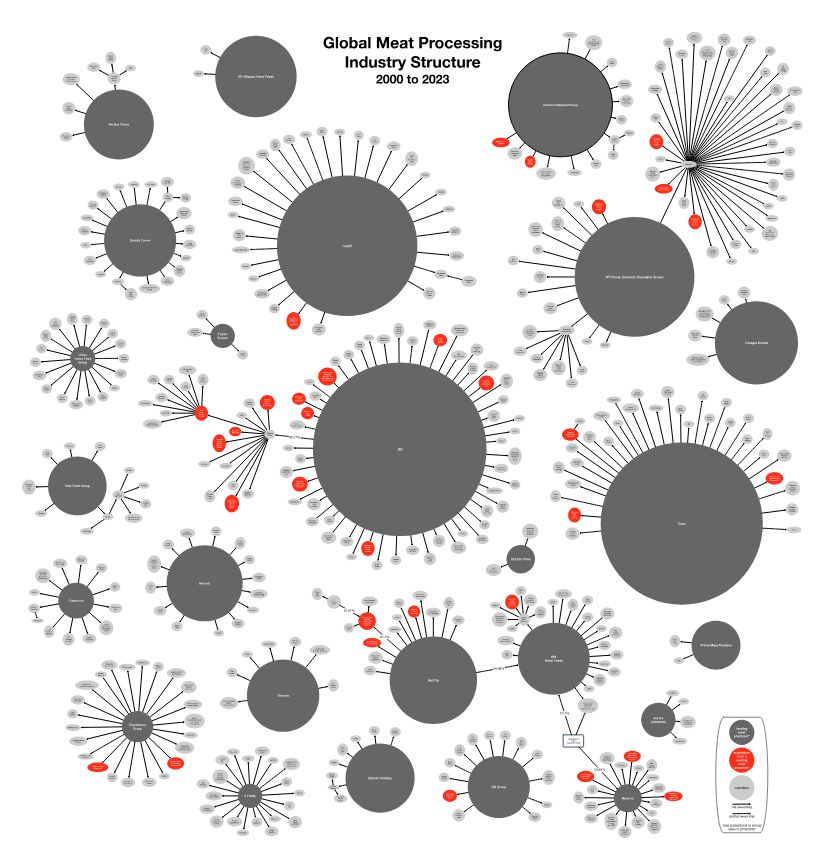Abstract National champion policies in BRICS countries pose challenges for governance in global meat processing markets as they increase concentration, reduce competition and enhance corporate power in food systems. We investigate the degree to which these shifts benefit sponsoring governments and citizens relative to intervention levels. By analysing mergers and acquisitions involving these firms, we […]
Continue ReadingDillon, ‘Earning through Obsolescence’
Abstract This study examines the declining usage lifespan of household consumer durables in the United States between 1970 and 2018, situating the phenomenon within a heterodox political economy framework. While mainstream economic narratives attribute the rising rate of consumer durable waste over this time to “overconsumption” driven by consumer materialism, this study challenges that perspective […]
Continue ReadingHudson, Nitzan, Di Muzio & Fix, ‘El capital como poder en el siglo XXI: Una conversación’
Abstract El 3 de diciembre de 2024, Michael Hudson se reunió con los investigadores del capital como poder Jonathan Nitzan, Tim Di Muzio y Blair Fix para discutir las intersecciones entre sus dos líneas de investigación. Lo que sigue es una transcripción de la conversación. Vídeo de YouTube (inglés): https://www.youtube.com/watch?v=tBOU4xBg2pA Citation El capital como poder […]
Continue Reading


